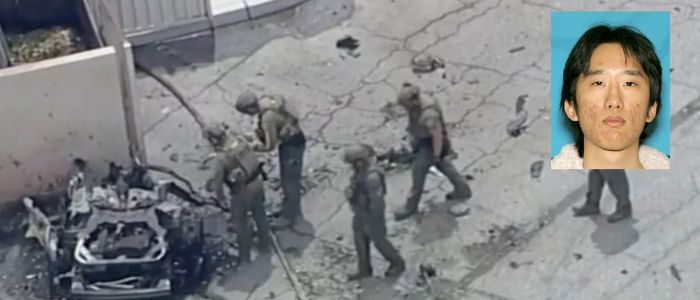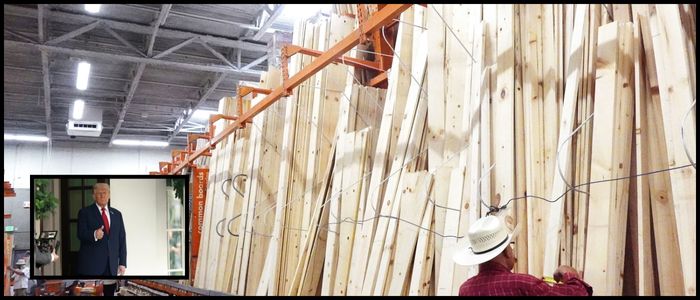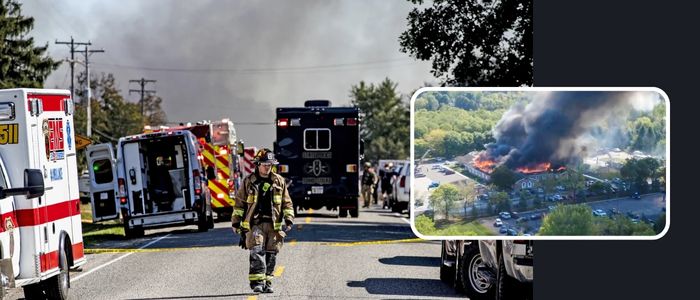The explosion resulted in extensive damage to the American Reproductive Centers building and adjacent buildings. There were no injuries and no embryos were damaged, but authorities called the episode a terrorist attack and, possibly, the largest bombing scene ever in Southern California.
Chemical materials and experiments blossomed into explosives
Park was arrested after being extradited from Poland, where he had gone just four days after the bombing. He now faces charges of attempting to provide and providing material support to terrorists.
Investigators uncovered bountiful evidence at Park’s home in the Kent area south of Seattle, including large quantities of chemicals and handwritten formulas of explosive components. One note explained a formulation that was a precursor of that employed in the 1995 Oklahoma City bombing, which left 168 dead. From October 2022 to May 2025, Park made online purchases of ammonium nitrate. He shipped 180 pounds of it to Bartkus in January, and he pulled an additional 90 pounds shortly before the attack.
Park went to visited Bartkus in California in January. As recently as three days before, Bartkus was asking an AI chat app questions about how to make demolition charges, what kind of cocktail of fuels would be the most powerful explosion. They also discovered the couple had done some chemical experimentation in the Bartkus’ family home garage. His family knew what he was doing but didn't alert the authorities.
Speculation about ammonium nitrate use was given even more strength through forensic findings, but still presented as secondhand reports.
United in anti-natalist thought
Park and Bartkus became acquainted in digital spaces where people practice anti-natalism, which is a belief that human beings should abstain from reproducing. The two of them had in common a philosophy that life is something that is not worth the living of. Prosecutors said this extremist rationale was likely a factor in Bartkus’ decision to target the facility devoted to reproductive health care, which offers in vitro fertilization and other services.
Recordings uploaded to a website established by Bartkus indicated he took responsibility for bombing the home. In one of the recordings, he is said to have declared, “Basically I’m anti-life. And IVF is, like, so much the epitome of pro-life ideology.”
It remains unclear if Bartkus had planned to die in the explosion, and what drew him, in particular, to that clinic.
According to court documents, Park had been involved in anti-natalist online communities for close to ten years. In 2016, he wrote about enlisting others to the cause in a post he titled “hopeful.” He also said things like you know death is a good resolution for people that don't know, feel lost and don't know where to go. His family had told detectives he had held pro-mortalist beliefs since he was a teenager.
In March, Park put a message online looking for people in the Washington, D.C., area who felt the same way he did and would like to organize protests or other activities, but he got no takers. The records show that Park and Bartkus had visited each other for at least a year before the bombing.
Police are looking into their activties and now believe that there may have been more of them and there could be other threats linked to their extremist views.
Top

Man Charged for Supplying Chemicals in Fertility Clinic Bombing

A suspect has been taken into custody for the explosion of a fertility clinic in Palm Springs, California last week. Daniel Park, 32, of Washington state, is accused of supplying chemicals and assistance to Guy Edward Bartkus, who was killed in the May 17 explosion, according to authorities.











